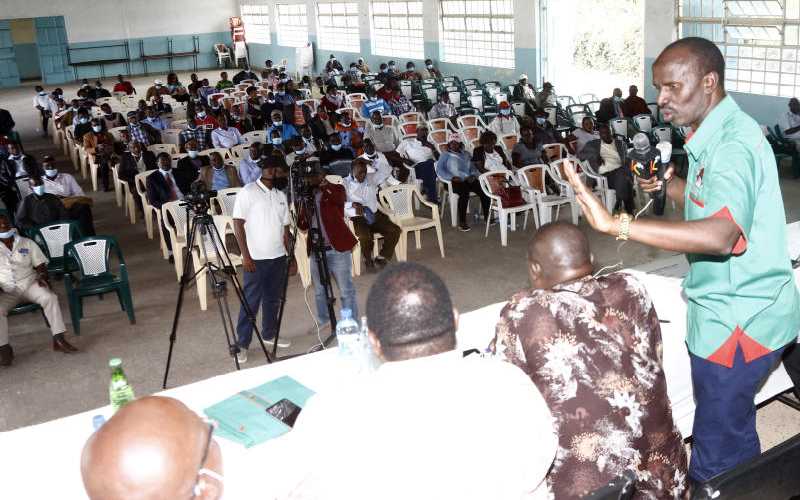×
The Standard e-Paper
Fearless, Trusted News

Schools are facing a serious dilemma on how to discipline learners, as teachers and parents reject the use of the cane to punish errant students.
Opinion remains divided on the proposal by the Ministry of Education to reintroduce the cane banned in 2001, as some stakeholders say it may be the magic stick to restore good manners in schools.